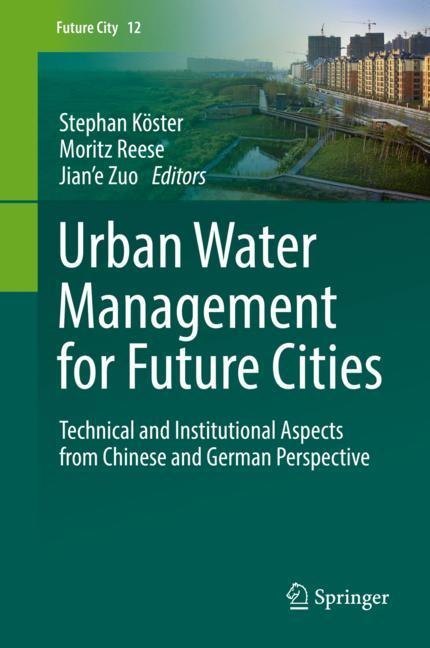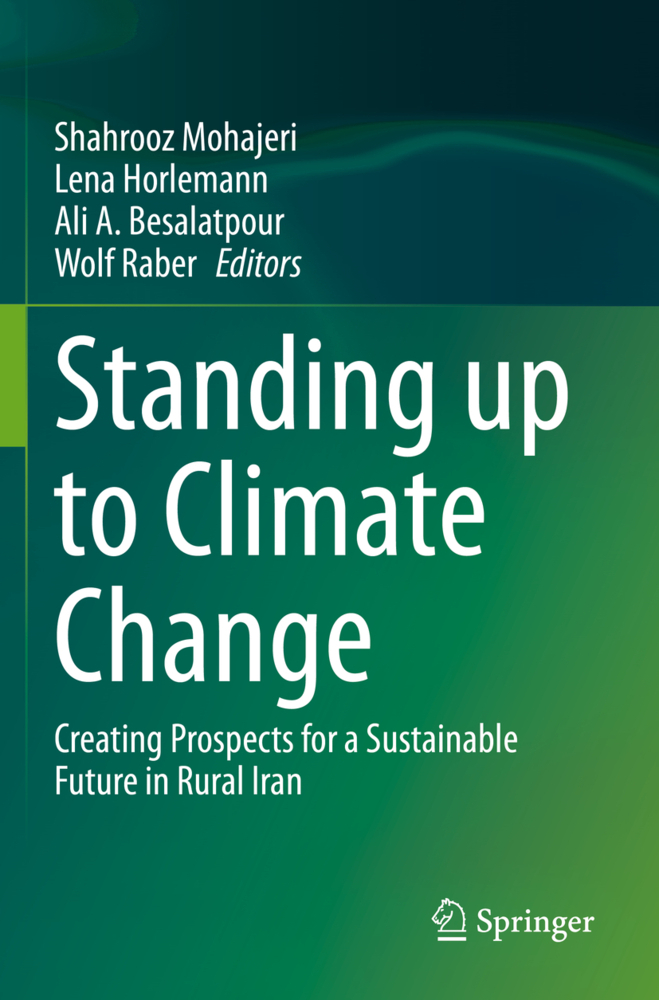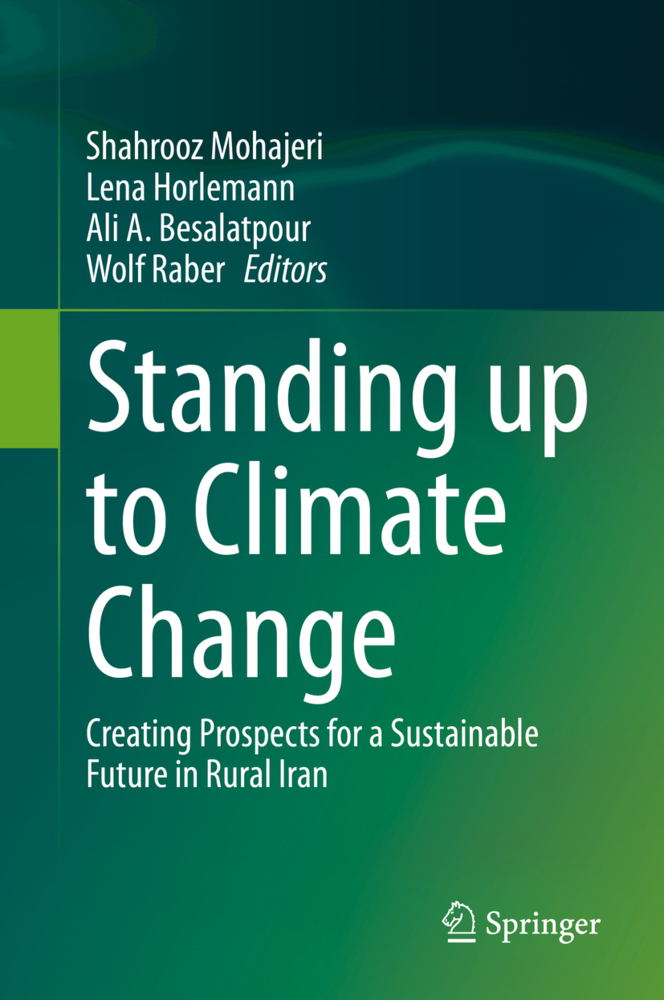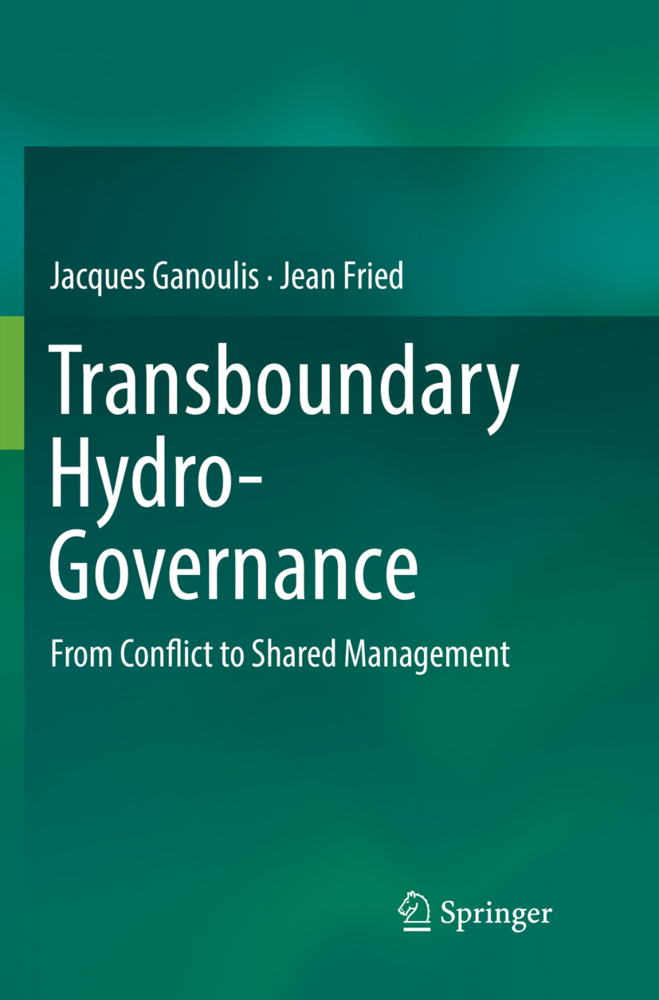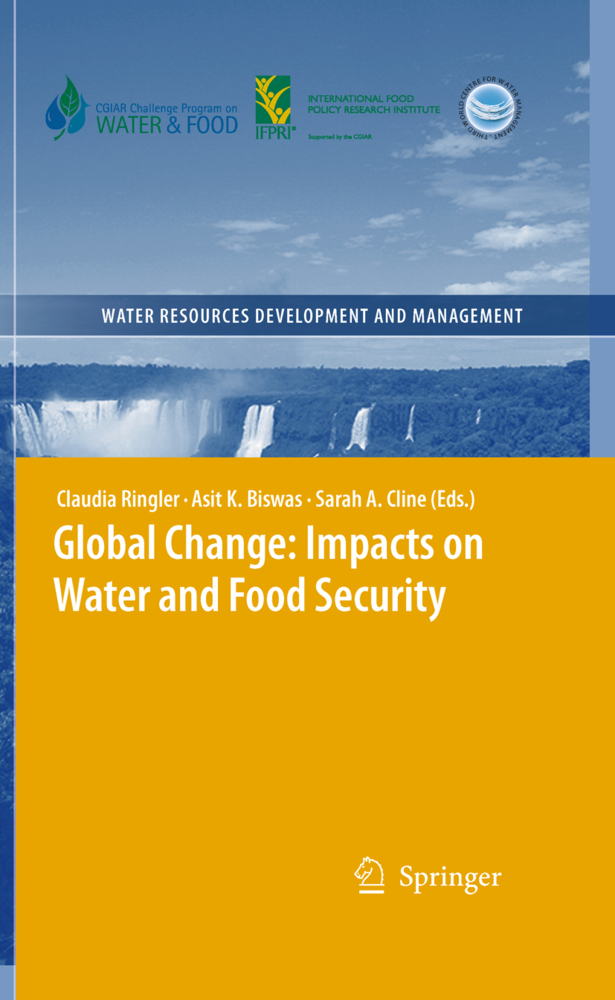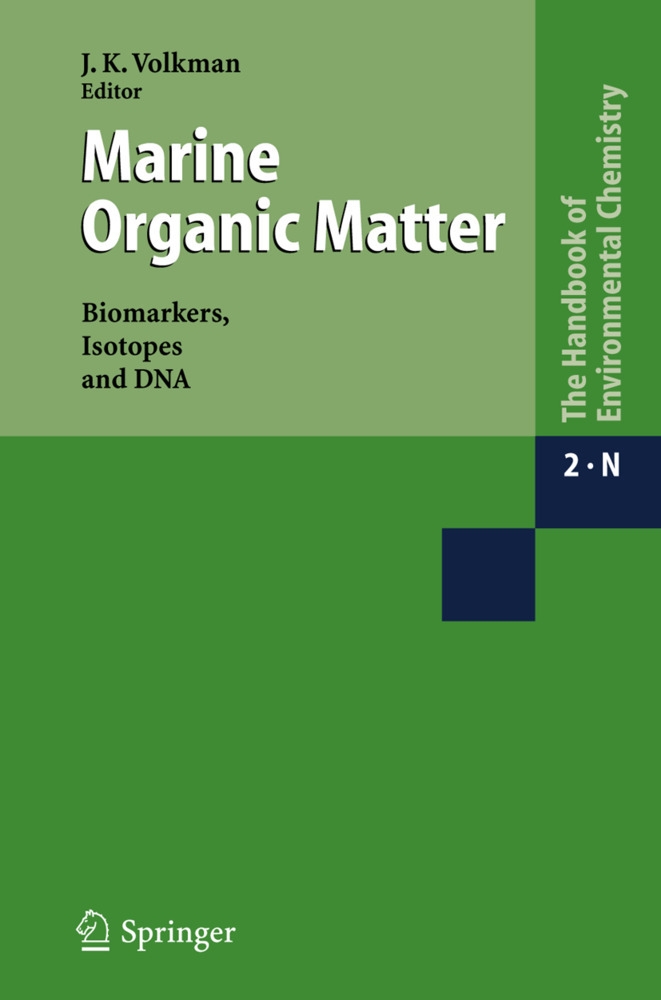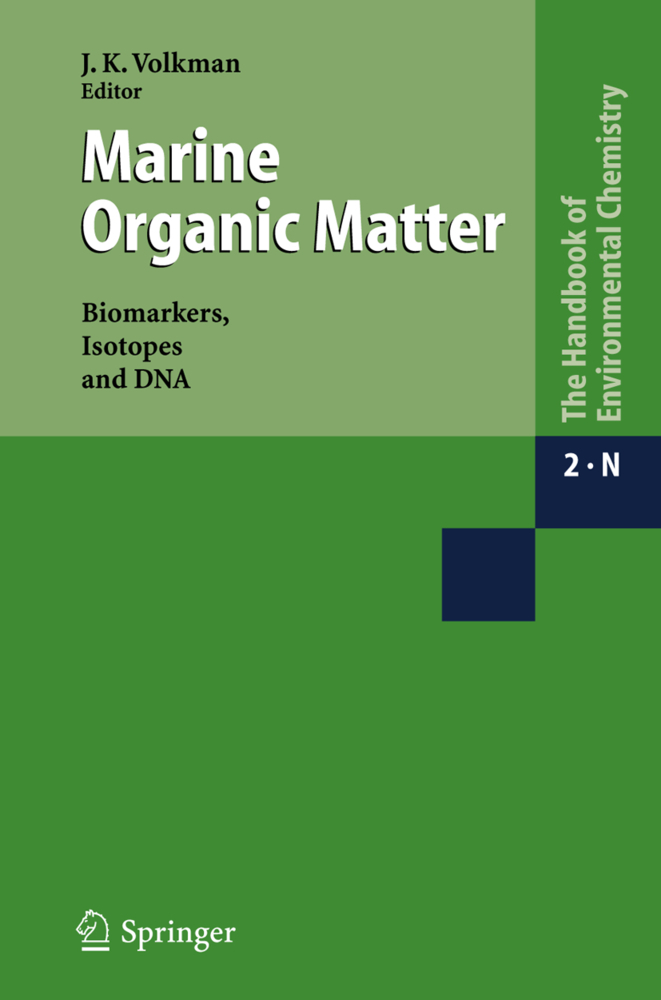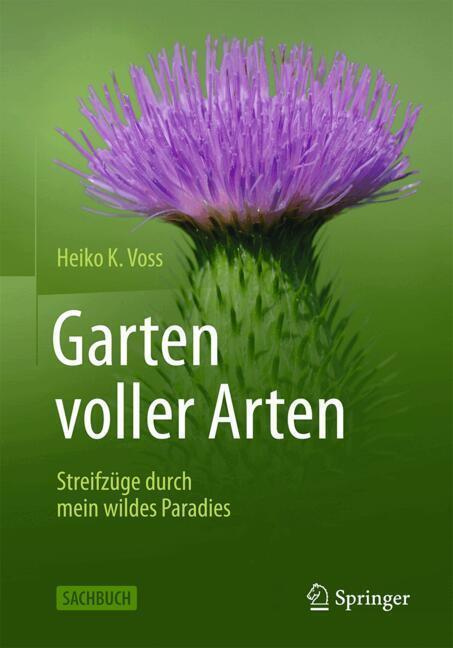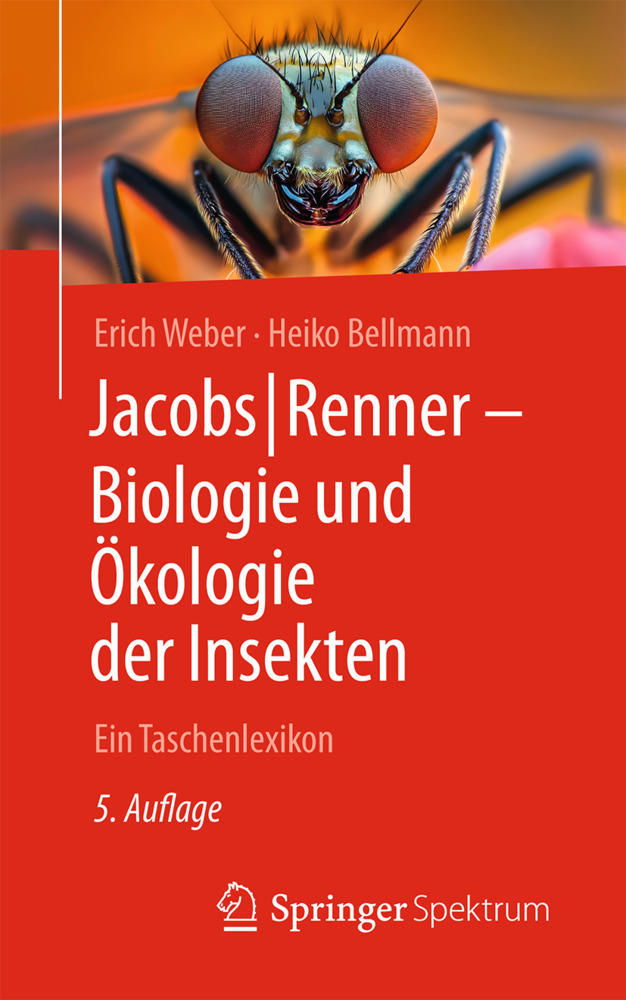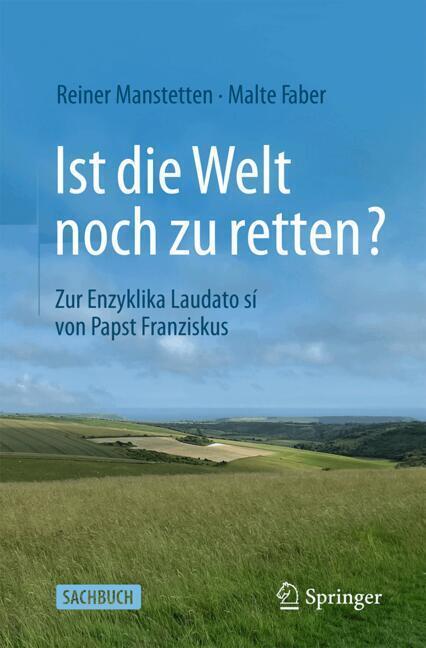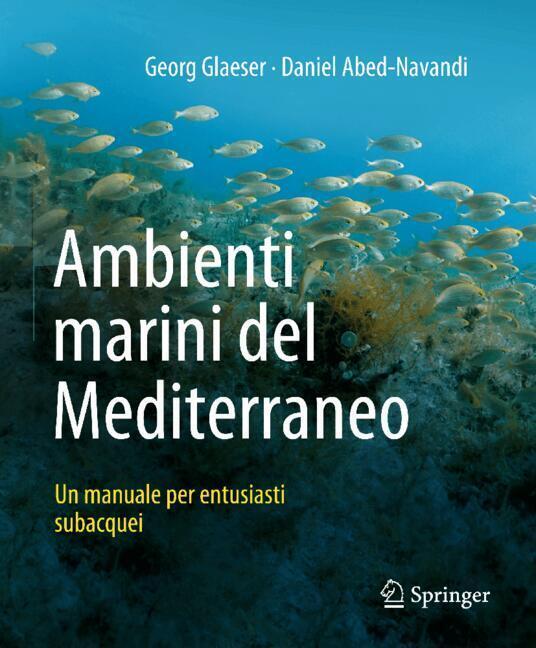Urban Water Management for Future Cities
Technical and Institutional Aspects from Chinese and German Perspective
This book features expert contributions on key sustainability aspects of urban water management in Chinese agglomerations. Both technical and institutional pathways to sustainable urban water management are developed on the basis of a broad, interdisciplinary problem analysis.
Stephan Köster, Prof. Dr. ing., is head of the Institute of Sanitary Engineering and Waste Management at Leibniz Universität Hannover (Germany). He has held the Chair of Urban Water Management since April 2016. Köster studied Civil Engineering at RWTH Aachen University. Following his studies, he worked for several years in an engineering company, primarily in projects of international cooperation for sustainable development. He returned to RWTH Aachen University in 2000 and received his doctorate in 2004. In the year 2011 Köster joined the Hamburg University of Technology as professor, after seven years as head engineer of the Institute of Sanitary Engineering of RWTH Aachen University.
Moritz Reese, Dr. iur., is senior researcher at the Department for Enviornmental & Planning Law of the Helmholtz Center for Environmental Research (UFZ) in Leipzig, Germany. He is also Co-Speaker of the Governance Division of the Center for Advanced Water Research (CAWR), chairman of the European Environmental Law Forum (EELF), editor in chief of the Journal for European Environmental & Planning Law (JEEPL), member of the editorial board of the German Journal for Environmental Law (Zeitschrift für Umweltrecht) and German rapporteur to the European Water Law Network. Since joining the Helmholtz Centre in 2008, Dr. Reese has focussed on research and consultancy in the fields of water governance, urban development and climate adaptation.
Jiane Zuo, Ph.D, is a professor and former vice-dean of the School of Environment at Tsinghua University. His research focuses on anaerobic biotechnology for organic wastewater and solid waste treatment and biogas recovery. Another important field of research is rain water collection and pollution control including sewer system evaluation and maintenance. Dr. Zuo got his bachelor degree from the Department of Environmental Engineering, Tsinghua University in 1991, got his master degree and Ph D degree from the Department of Environmental Science and Engineering, Tsinghua University in 1996. He became a teacher at Tsinghua in 1995. In 2004 he was appointed full professor at the Tsinghua University. For years, he has been leading many research projects, including the Mega Water Project in Tongzhou, which serves the demonstration implementation of the Sponge-City concept in Beijing.
Stephan Köster, Prof. Dr. ing., is head of the Institute of Sanitary Engineering and Waste Management at Leibniz Universität Hannover (Germany). He has held the Chair of Urban Water Management since April 2016. Köster studied Civil Engineering at RWTH Aachen University. Following his studies, he worked for several years in an engineering company, primarily in projects of international cooperation for sustainable development. He returned to RWTH Aachen University in 2000 and received his doctorate in 2004. In the year 2011 Köster joined the Hamburg University of Technology as professor, after seven years as head engineer of the Institute of Sanitary Engineering of RWTH Aachen University.
Moritz Reese, Dr. iur., is senior researcher at the Department for Enviornmental & Planning Law of the Helmholtz Center for Environmental Research (UFZ) in Leipzig, Germany. He is also Co-Speaker of the Governance Division of the Center for Advanced Water Research (CAWR), chairman of the European Environmental Law Forum (EELF), editor in chief of the Journal for European Environmental & Planning Law (JEEPL), member of the editorial board of the German Journal for Environmental Law (Zeitschrift für Umweltrecht) and German rapporteur to the European Water Law Network. Since joining the Helmholtz Centre in 2008, Dr. Reese has focussed on research and consultancy in the fields of water governance, urban development and climate adaptation.
Jiane Zuo, Ph.D, is a professor and former vice-dean of the School of Environment at Tsinghua University. His research focuses on anaerobic biotechnology for organic wastewater and solid waste treatment and biogas recovery. Another important field of research is rain water collection and pollution control including sewer system evaluation and maintenance. Dr. Zuo got his bachelor degree from the Department of Environmental Engineering, Tsinghua University in 1991, got his master degree and Ph D degree from the Department of Environmental Science and Engineering, Tsinghua University in 1996. He became a teacher at Tsinghua in 1995. In 2004 he was appointed full professor at the Tsinghua University. For years, he has been leading many research projects, including the Mega Water Project in Tongzhou, which serves the demonstration implementation of the Sponge-City concept in Beijing.
1;Preface;6 2;Book Abstract;8 3;Contents;9 4;Contributors;12 5;Part I: Innovative Technologies and Implementation: Urban Planning and Urban Water Management;16 5.1;Urban Stormwater Management and Sponge City Concept in China;17 5.1.1;1 Introduction;17 5.1.2;2 Sponge City and Urban Stormwater Management;19 5.1.3;3 Framework and Main Components of Sponge City;20 5.1.3.1;3.1 Components and Goals;20 5.1.3.2;3.2 Stormwater Management Criterion;21 5.1.3.3;3.3 Development and Implementation;22 5.1.3.4;3.4 Policy and Regulations;23 5.1.4;4 Conclusions;24 5.1.5;References;25 5.2;Maintenance and Safety of Sponge City Infrastructure;26 5.2.1;1 Introduction;27 5.2.2;2 Implementation of Sponge City Infrastructure;29 5.2.2.1;2.1 Scope of Sponge City Elements and Functions;29 5.2.2.2;2.2 Individual Components Within Sponge Cities;30 5.2.2.2.1;2.2.1 Some Illustrative Examples from Sponge City Implementation in China;33 5.2.2.3;2.3 Further Positive and Negative Impacts of Sponge City Implementation;33 5.2.2.4;2.4 Lessons Learnt So Far;37 5.2.3;3 Operation and Maintenance Issues and Challenges;40 5.2.3.1;3.1 Local Climate and Extreme Weather Conditions;41 5.2.3.2;3.2 Appropriateness of Technical and Biological Design;42 5.2.3.3;3.3 Deficient or Unsuitable Operation and Maintenance;43 5.2.4;4 Maintenance: Strategies and Best Practice for Sponge Cities;47 5.2.4.1;4.1 Eligible Maintenance Strategies;47 5.2.4.2;4.2 Basic Considerations for the Maintenance Strategy of Sponge Cities;49 5.2.4.3;4.3 Best Maintenance Practice for Sponge Cities;51 5.2.4.4;4.4 Examples for Best Maintenance Practice;54 5.2.5;5 Costs for Implementation and Maintenance of Sponge Cities;58 5.2.5.1;5.1 Investment Costs of Implementing the Sponge City Concept;58 5.2.5.2;5.2 Cost for Sponge City Maintenance;61 5.2.6;6 Conclusions;63 5.2.7;References;65 5.3;Future-oriented Strategic Planning of Wastewater Treatment Plants;69 5.3.1;1 Introduction;69 5.3.2;2 Overview of Traditional WWTP Planning Methods;71 5.3.3;3 Main Principles of a Future-Oriented Strategic Planning Process;73 5.3.4;4 Overview of Potential Influencing Factors;77 5.3.5;5 Summary;78 5.3.6;References;79 6;Part II: Innovative Technologies and Implementation: Drinking Water Supply;81 6.1;Urban Drinking Water Challenges and Solutions: Energy Nexus;82 6.1.1;1 Introduction;82 6.1.2;2 Energy Use for Water Supply to Urban Areas of China;83 6.1.2.1;2.1 Energy Use for Water Sourcing and Transfer in China;83 6.1.2.2;2.2 Energy Use for Water Treatment in China;85 6.1.2.3;2.3 Energy for Distributing Centrally in Cities;87 6.1.2.4;2.4 Energy for Pumping Water Within High-Rises;88 6.1.2.5;2.5 Comparison of Energy Use Along the Water Supply Process and Suggestions on Reducing Energy Use;89 6.1.3;3 Impact of Urban Spatial Characteristics on Energy Use for Water Supply;91 6.1.3.1;3.1 China's Urbanization and Construction of Water Distribution Networks;91 6.1.3.2;3.2 Energy Use for Water Supply;92 6.1.3.3;3.3 Urban Spatial Characteristics;93 6.1.3.4;3.4 Impact of Urban Spatial Characteristics on Energy Use for Water Supply;94 6.1.3.4.1;3.4.1 Horizontal Characteristics and Energy Use for Municipal Water Supply;95 6.1.3.4.2;3.4.2 Vertical Characteristics and Energy Use for Secondary Water Supply;96 6.1.3.4.3;3.4.3 Total Energy Use for Water Supply;98 6.1.3.5;3.5 How to Reduce Energy Use for Water Supply When Laying Out a City;98 6.1.4;References;99 6.2;Fostering Water Treatment in Eutrophic Areas: Innovative Water Quality Monitoring, and Technologies Mitigating Taste & Odor Problems Demonstrated at Tai Hu;101 6.2.1;1 Introduction;103 6.2.2;2 Analysis of Pesticides and Emerging Pollutants;104 6.2.3;3 Analysis of Antibiotic Resistance Genes;106 6.2.4;4 Studies into Taste and Odor (T&O) Compounds;109 6.2.4.1;4.1 Composition of Raw Water from Tai Hu;109 6.2.4.2;4.2 Algae Under Ozone Stress;111 6.2.4.3;4.3 Removal of Algae by Ultrafiltration;112 6.2.4.4;4.4 Combination of Ultrafiltration and Ozonation/Chlorination;114 6.2.5;5 Outlook;116 6
Köster, Stephan
Reese, Moritz
Zuo, Jian'e
| ISBN | 9783030014889 |
|---|---|
| Artikelnummer | 9783030014889 |
| Medientyp | E-Book - PDF |
| Copyrightjahr | 2019 |
| Verlag | Springer-Verlag |
| Umfang | 495 Seiten |
| Sprache | Englisch |
| Kopierschutz | Digitales Wasserzeichen |

